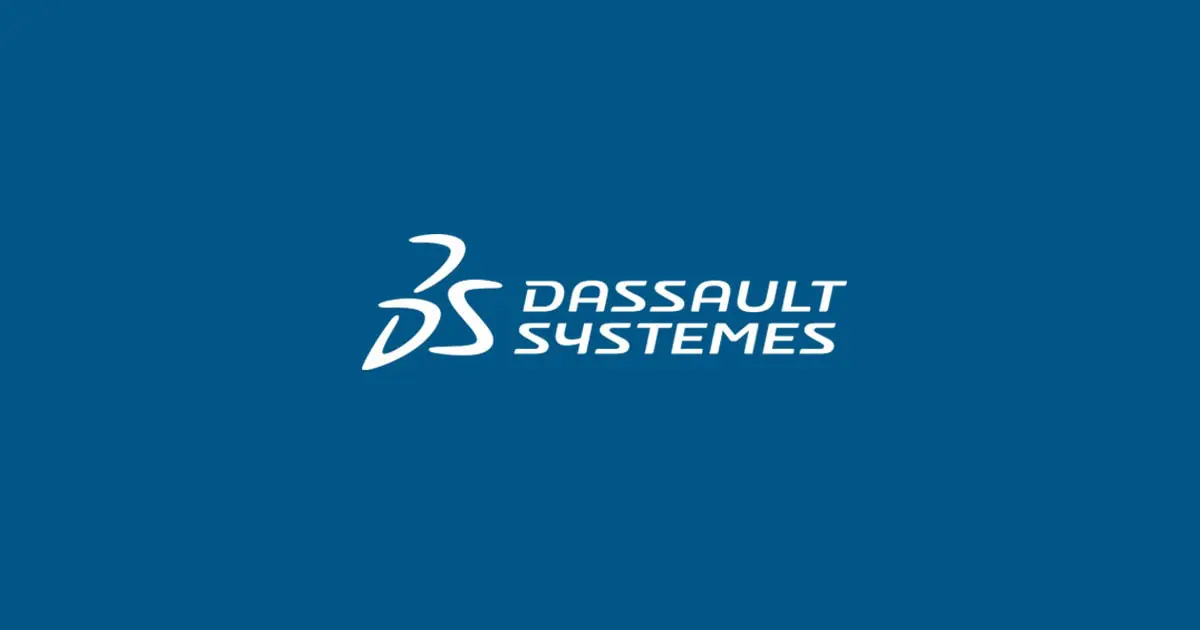Beth Comstock’s mission is to understand what’s next, navigate change and help others do the same. By cultivating a habit of seeking out new ideas, people and places, she built a career path from storyteller to chief marketer to Vice Chair of GE. Currently she is an advisor, director and author, most recently of Imagine it Forward. Courage, Creativity and the Power of Change.
We had the chance to catch up with Beth ahead of Dassault Systèmes 3DEXPERIENCE FORUM (Sept. 9th), where she will deliver the Plenary Session keynote address. Our interview is below.
Q. As the introduction to your book states, the world will never be slower than it is right now, but confronting relentless change is hard. What are the leadership skills required to confront today’s accelerating pace of change, to become “change ready?”
Beth Comstock: Change is now part of everyone’s job. You cannot delegate this.
Being able to navigate ambiguity and uncertainty is essential, and perhaps most challenging in our modern business environment where many leaders are expected to prioritize standardization, predictability, and consistency. Too often we expect our business teams to operate like perfect machines, seeking proof and guarantees before moving forward. I believe this has made our companies and institutions risk averse.
Learning allows teams to adapt and speed to learning is now an essential concept for business leaders to consider. It’s a way to meet the market as it’s changing, and to bring customers along with you before the competition does. To do this, you have to change the questions you ask – from How can you prove this? to What is your hypothesis and How will you know? Teams should be allowed to test and learn as a way of de-risking the future and speeding that learning. Also, develop a practice of discovering the subtle changes happening in the world before they become apparent or start knocking at your door!

Q. In your book you refer to the “imagination gap” in business, a place where “possibility goes to die.” Can you talk about the significance of the imagination gap, and strategies to bring imagination back to business?
Beth Comstock: Because we prioritize optimization and standardization, we often think we can deal with any change that arrives through a check list of actions. But that starts from a position of dealing as if we know the answer, when rarely we do. This is where imagination comes in. Given the complexity of change, arriving from multiple dimensions and faster, business teams would be well served make it part of their operating rhythm to ask different questions, bring in new points of view, build good narratives about where the future is going, and test concepts before scaling.
One practice I found very helpful is to think about operating your business in terms of The Now, The Next and The New. These categories require different levels of expertise, funding and time horizons. I always fought for an “imagination lane” of what’s next and new, and to do this, carved off a percentage of the operating budget to allow for future development. For teams with little to no budget, it also means considering all of the resources available, including time and job responsibilities so that everyone has a part of their job devoted to imagining and testing for what’s next.
Q. What has the pandemic taught us in terms of running global businesses? Any great examples of companies who overcame the imagination gap during the pandemic?
Beth Comstock: The pandemic has taught us that you can’t outrun change, but you can adapt to it. Consider all of the new ways of working that perhaps weren’t even imaginable two years ago! It is teaching us what it means to be resilient, meaning to work differently, and hopefully better, realizing we won’t just bounce back to the way things were before.
I’ve loved seeing how small businesses jumped over that gap with all kinds of creative solutions, for example restaurants who set up new business models like make-at-home or retail. They did it because they had to. Bigger companies have done it too, but often moving more slowly. Having grown up in the media business, I was encouraged to see Disney launch Disney+ streaming in such a wholehearted manner, and even release films at home and in theater simultaneously. This is disruptive, with many feeling the squeeze, but we’ve known for more than a decade that streaming video would scale.
Here’s the thing about meaningful change, it happens gradually and then as if all at once. It’s the flipside of the Hemingway lines from The Sun Also Rises: “How did you go bankrupt? Two ways, gradually and then suddenly.” The choice is yours. And you can learn about the change by meeting it early and finding power in adapting to it.
Q. Dassault Systèmes’ customers run the gamut from established industry leaders to start-ups who are disrupting industry norms. Can you name three overarching, essential leadership qualities (or considerations?) that would apply across the board?
Beth Comstock: Good leadership is good leadership. To me, good leaders have to be able to deal both with the reality as it is now and also a drive to change it for the better – this is a tension that needs to be dealt with. One practice is to create good feedback loops, asking tough questions like “Tell me something I don’t want to hear.”
With that feedback comes the need to encourage your teammates to be as good as they can, making room to take risks, test and learn. This is how teams are ready when change emerges, and it will, often in many forms at once.
Leadership also is about having a vision for the future and being able to communicate it in a way that encourages others to join and build together.
Q. What’s the biggest lesson you’ve learned in the last 10 years?
Once a trend starts, it will likely unfold in ways you could and couldn’t imagine. And it’s always faster than you imagined! Fear is what holds us back. We don’t talk about fear in the context of business, but fear creates huge limitations in our ability to adapt quickly. What are you afraid of?
##
Editor: Registration is Open for 3DEXPERIENCE FORUM, Dassault Systèmes annual leadership event. Our Plenary session featuring Beth Comstock launches on September 9, 2021at 1:00 PM Eastern Time.


